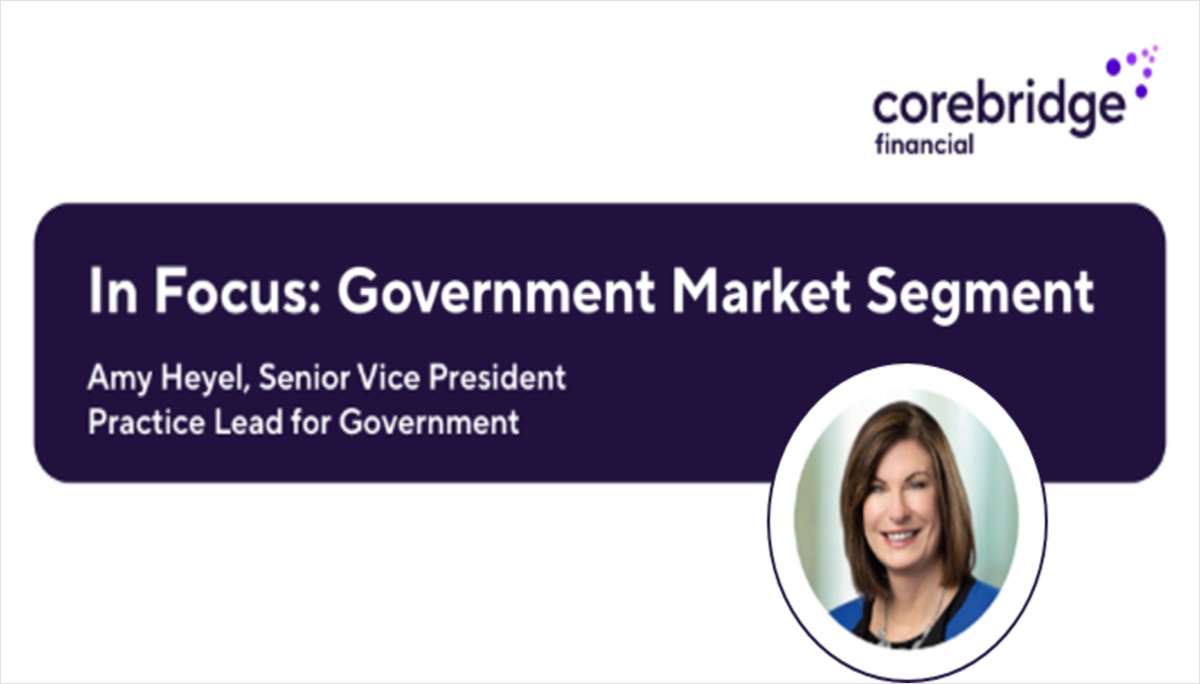 Connecticut Supreme Court in Hartford. Photo: John Phelan via Wikimedia Commons
Connecticut Supreme Court in Hartford. Photo: John Phelan via Wikimedia CommonsFormer Spouses' Fight Over Frozen Embryo Reaches Connecticut Supreme Court
The Connecticut Supreme Court tackled the issue of frozen embryos and whether a divorced woman could discard one against her ex-husband's wishes.
April 30, 2019 at 08:31 PM
4 minute read
The Connecticut Supreme Court heard oral arguments Tuesday morning on whether to allow a woman to discard a frozen embryo, created with her ex-husband's sperm, now that the couple has divorced.
The former couple shares a young daughter. But in Bilbao v. Goodwin, the state's high court heard from Jessica Bilbao's attorney, who maintained the parties signed an agreement to discard a remaining embryo if the two divorced. It also heard from Timothy Goodwin's counsel, who repeatedly told the judges that the embryo should have legal and protected rights.
“The father indicated he signed the contract and would discard the embryo, but changed his mind after the birth of his daughter, Isabella,” Brookfield solo practitioner Joseph Secola told the justices that heard the case. Secola, representing Goodwin, said his client changed his mind about the contract after his daughter was born through in vitro fertilization. He said Goodwin has since decided he'd like another couple to adopt the embryo.
But Bilbao has maintained she doesn't want the embryo to be with strangers, and wants the contract upheld.
The couple married in 2011 and decided to have a child through in vitro fertilization. Their daughter was born in 2013, and the parents signed an agreement with the Center for Advanced Reproductive Services P.C. to store another frozen embryo. That agreement provided for unused embryos to be discarded according to ethical guidelines, if the pair divorced. The then-spouses underwent the process to fertilize Bilbao's eggs with Goodwin's sperm, and then store the resulting embryo cryogenically.
The couple divorced in 2016, and couldn't agree on the disposition of the frozen embryo. A lower court ruled in favor of the ex-wife, hinging much of its ruling on a 1992 Tennessee case, Davis v. Davis. The court in Davis reasoned that the person seeking to destroy the embryos should prevail, so long as the other party had a reasonable possibility of achieving parenthood by other means.
The case has garnered the attention of several pro-life organizations, who wrote “friend of the court” briefs for Goodwin.
But Bilbao's attorney, Scott Garosshen of Hartford's Horton, Dowd, Bartschi & Levesque, said the signed contract should stand.
During his 30 minutes of oral arguments, Garosshen told the justices that the former spouses had “made a clear choice” when they entered into a legally binding agreement.
“The contract language is clear,” he said.
Garosshen also said the couple should “honor the choices” they made. Several times during oral arguments, the justices noted that the couple entered into the contract voluntarily, willingly and without duress.
Another issue: How to categorize the frozen embryo.
The lower court said the embryo could be deemed as property, but Secola said he believes it is a human organism who should be protected.
“Will we err on the side of life or death,” he told the justices. “That's the issue here.”
Garosshen disagreed.
“There is an inadequate factual record to be making any kind of determination about when a cellular organism becomes a legal person,” he told the justices. “That factual record was not developed by the parties at trial.”
Garosshen also evoked legal precedent, pointing to cases where courts determined an embryo is not the equivalent of a legal person.
The Connecticut Supreme Court is not expected to issue a ruling on the case for at least several months.
This content has been archived. It is available through our partners, LexisNexis® and Bloomberg Law.
To view this content, please continue to their sites.
Not a Lexis Subscriber?
Subscribe Now
Not a Bloomberg Law Subscriber?
Subscribe Now
NOT FOR REPRINT
© 2024 ALM Global, LLC, All Rights Reserved. Request academic re-use from www.copyright.com. All other uses, submit a request to [email protected]. For more information visit Asset & Logo Licensing.
You Might Like
View All
Read the Document: 'Google Must Divest Chrome,' DOJ Says, Proposing Remedies in Search Monopoly Case
3 minute read
Apple Asks Judge to 'Follow the Majority Practice' in Dismissing Patent Dispute Over Night Vision Technology

'Don't Be Afraid to Dumb It Down': Top Fed Magistrate Judge Gives Tips on Explaining Complex Discovery Disputes

State High Court Adopts Modern Standard for Who Keeps $70K Engagement Ring After Breakup
Trending Stories
- 1Friday Newspaper
- 2Judge Denies Sean Combs Third Bail Bid, Citing Community Safety
- 3Republican FTC Commissioner: 'The Time for Rulemaking by the Biden-Harris FTC Is Over'
- 4NY Appellate Panel Cites Student's Disciplinary History While Sending Negligence Claim Against School District to Trial
- 5A Meta DIG and Its Nvidia Implications
Who Got The Work
Michael G. Bongiorno, Andrew Scott Dulberg and Elizabeth E. Driscoll from Wilmer Cutler Pickering Hale and Dorr have stepped in to represent Symbotic Inc., an A.I.-enabled technology platform that focuses on increasing supply chain efficiency, and other defendants in a pending shareholder derivative lawsuit. The case, filed Oct. 2 in Massachusetts District Court by the Brown Law Firm on behalf of Stephen Austen, accuses certain officers and directors of misleading investors in regard to Symbotic's potential for margin growth by failing to disclose that the company was not equipped to timely deploy its systems or manage expenses through project delays. The case, assigned to U.S. District Judge Nathaniel M. Gorton, is 1:24-cv-12522, Austen v. Cohen et al.
Who Got The Work
Edmund Polubinski and Marie Killmond of Davis Polk & Wardwell have entered appearances for data platform software development company MongoDB and other defendants in a pending shareholder derivative lawsuit. The action, filed Oct. 7 in New York Southern District Court by the Brown Law Firm, accuses the company's directors and/or officers of falsely expressing confidence in the company’s restructuring of its sales incentive plan and downplaying the severity of decreases in its upfront commitments. The case is 1:24-cv-07594, Roy v. Ittycheria et al.
Who Got The Work
Amy O. Bruchs and Kurt F. Ellison of Michael Best & Friedrich have entered appearances for Epic Systems Corp. in a pending employment discrimination lawsuit. The suit was filed Sept. 7 in Wisconsin Western District Court by Levine Eisberner LLC and Siri & Glimstad on behalf of a project manager who claims that he was wrongfully terminated after applying for a religious exemption to the defendant's COVID-19 vaccine mandate. The case, assigned to U.S. Magistrate Judge Anita Marie Boor, is 3:24-cv-00630, Secker, Nathan v. Epic Systems Corporation.
Who Got The Work
David X. Sullivan, Thomas J. Finn and Gregory A. Hall from McCarter & English have entered appearances for Sunrun Installation Services in a pending civil rights lawsuit. The complaint was filed Sept. 4 in Connecticut District Court by attorney Robert M. Berke on behalf of former employee George Edward Steins, who was arrested and charged with employing an unregistered home improvement salesperson. The complaint alleges that had Sunrun informed the Connecticut Department of Consumer Protection that the plaintiff's employment had ended in 2017 and that he no longer held Sunrun's home improvement contractor license, he would not have been hit with charges, which were dismissed in May 2024. The case, assigned to U.S. District Judge Jeffrey A. Meyer, is 3:24-cv-01423, Steins v. Sunrun, Inc. et al.
Who Got The Work
Greenberg Traurig shareholder Joshua L. Raskin has entered an appearance for boohoo.com UK Ltd. in a pending patent infringement lawsuit. The suit, filed Sept. 3 in Texas Eastern District Court by Rozier Hardt McDonough on behalf of Alto Dynamics, asserts five patents related to an online shopping platform. The case, assigned to U.S. District Judge Rodney Gilstrap, is 2:24-cv-00719, Alto Dynamics, LLC v. boohoo.com UK Limited.
Featured Firms
Law Offices of Gary Martin Hays & Associates, P.C.
(470) 294-1674
Law Offices of Mark E. Salomone
(857) 444-6468
Smith & Hassler
(713) 739-1250










